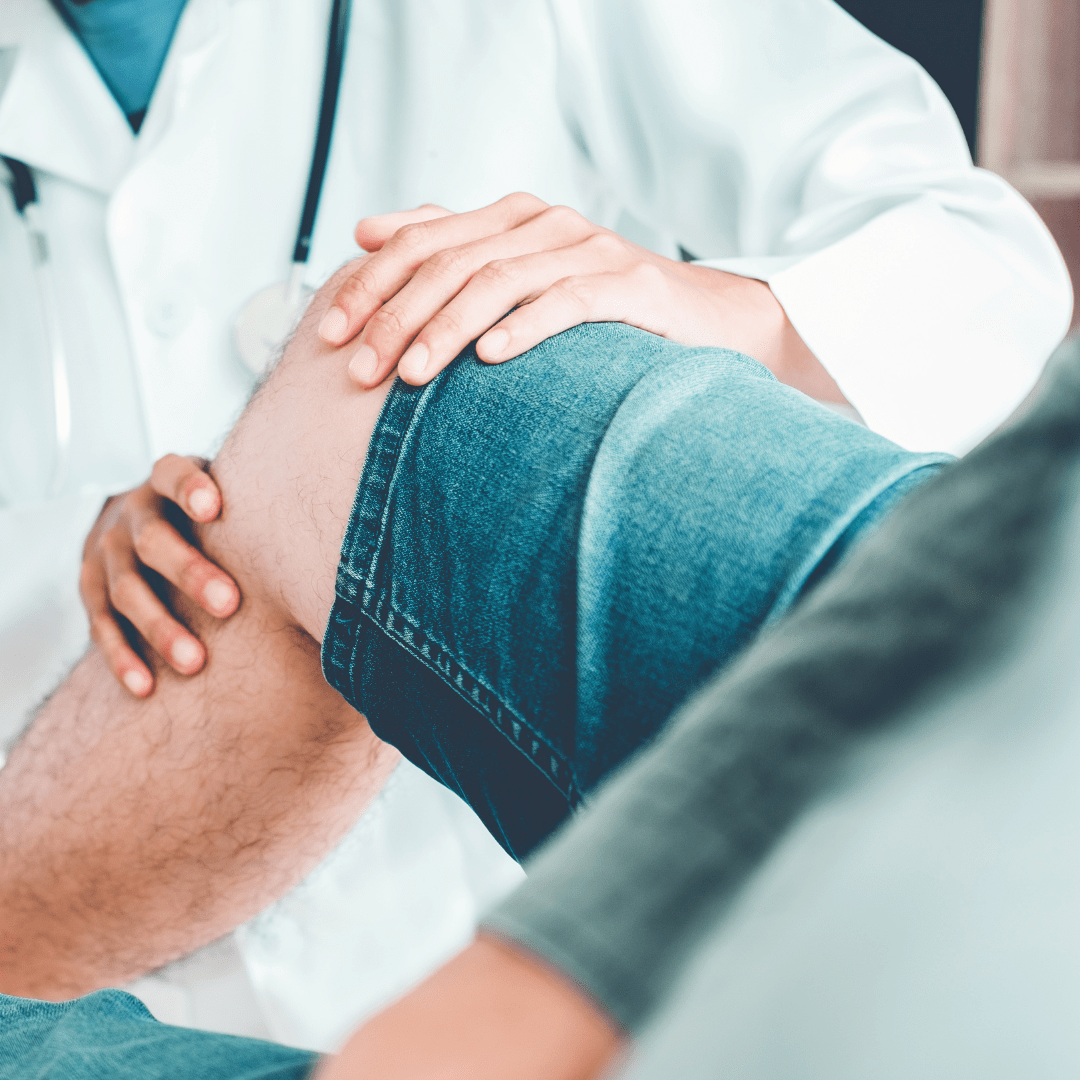Why Physical Therapy Matters After TKR
Research consistently shows that physical therapy is essential for a strong recovery after a knee replacement. In fact, studies have found that patients who participate in structured PT programs post-surgery regain function faster, experience less pain, and report higher satisfaction overall compared to those who don’t engage in consistent rehab.
A 2022 meta-analysis published in the Journal of Orthopaedic & Sports Physical Therapy concluded that early, guided PT significantly improves range of motion, strength, walking ability, and overall quality of life following TKR. Another study in Physical Therapy Journal found that patients who adhered to their rehab plan recovered faster and avoided long-term mobility limitations.
The Power of Consistency
The key to making PT work? Consistency.
Rehabilitation isn’t just about showing up to appointments — it’s about following through at home, sticking to the exercises, and progressing gradually with guidance. The first 6–12 weeks post-op are especially critical. That’s when the body is most adaptable, and the groundwork for long-term mobility is laid.
Small efforts, repeated daily, add up to big gains.
Why Full Knee Extension Is a Game-Changer
One of the most important early goals in knee rehab is achieving full knee extension — being able to fully straighten the knee. Without this, even walking can remain difficult, and compensations can lead to hip or back issues down the line.
Restoring full extension early helps:
- Normalize your gait (walking pattern)
- Improve overall leg strength
- Reduce strain on surrounding joints
- Prevent long-term stiffness
Your physical therapist will use manual techniques, stretching, strengthening, and targeted exercises to help restore your full range of motion — with special focus on achieving both extension and flexion (bending).
How Prehab Boosts Post-Surgical Success
What you do before surgery can be just as important as what you do after. Engaging in a prehabilitation (prehab) program — physical therapy done in the weeks leading up to a total knee replacement — has been shown to improve post-operative outcomes significantly.
A 2020 study published in Clinical Rehabilitation found that patients who completed 4–6 weeks of prehab prior to TKR had better functional outcomes, less pain, and shorter hospital stays. Another study in The Journal of Bone & Joint Surgery noted that prehab can lead to faster achievement of key post-surgical milestones like walking, stair climbing, and independent mobility.
Prehab focuses on:
- Strengthening the muscles around the knee
- Improving joint mobility and range of motion/li>
- Educating patients on post-op exercises and expectations/li>
- Enhancing overall fitness and confidence/li>
Think of it as giving yourself a head start. The stronger and more mobile you are going into surgery, the smoother your recovery is likely to be.
PT Isn’t Just Exercise — It’s Expertise
Our therapists are trained to understand the biomechanics of the knee, to adjust your plan as you heal, and to recognize early signs of complications. With personalized care, your recovery isn’t left to chance — it’s guided step-by-step.
We’re not here to pressure anyone into PT — the results speak for themselves. If you or a loved one is preparing for or recovering from a total knee replacement, physical therapy isn’t just helpful — it’s a key part of the healing process.
Have questions about your pre-op or post-op plan?
We’d love to talk with you about what recovery can look like and how we can support you every step of the way. Call or stop by to learn more.

